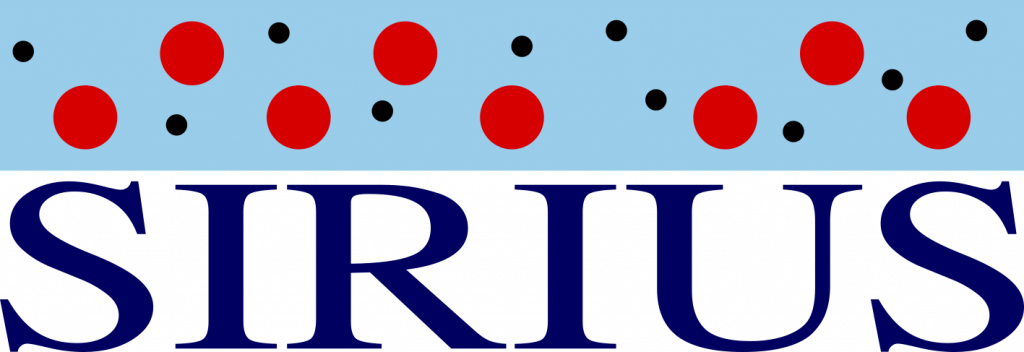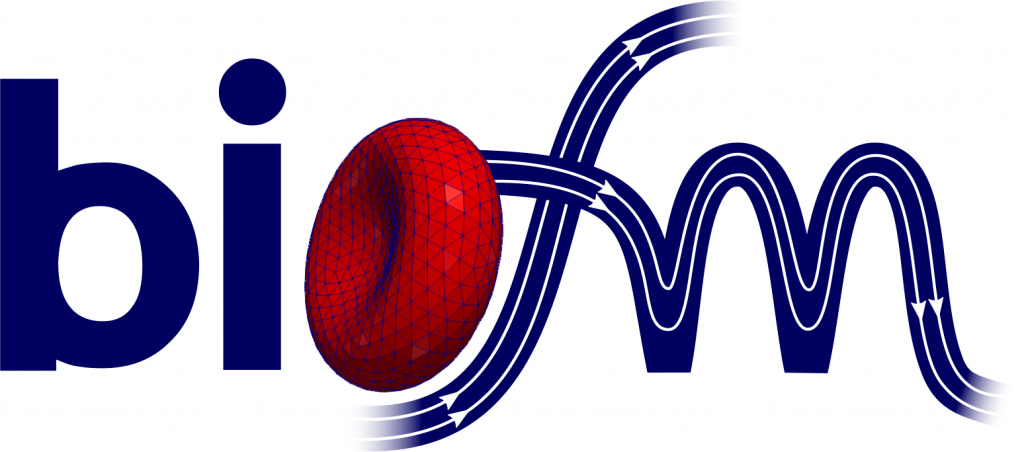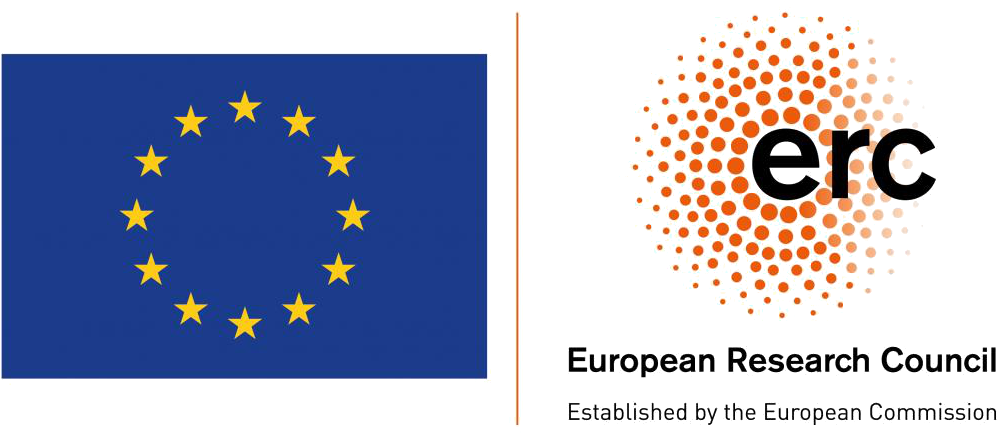
SIRIUS (Simulations for Inertial Particle Microfluidics) is an EU-funded research project that investigates particle dynamics in inertial microfluidics via numerical modelling and computer simulations.
SIRIUS is hosted by the BioFM research group at the School of Engineering at the University of Edinburgh.
Summary and objectives
Cancer and bacterial infections are estimated to kill 18 million people worldwide annually by 2050. Fast and reliable diagnostics are essential for early and targeted treatments. Microfluidics is an emerging technology where tiny samples of liquids or biological fluids (for example blood or urine) are processed and analysed. Microfluidics is already used for fast and early diagnostics, for example in lateral flow tests that have become popular during the COVID pandemic. Inertial particle microfluidics (IPMF) is a specific type of microfluidics where the fluid sample is moving at high speeds. IPMF is particularly useful for the separation of biological particles, for example, the isolation of cancer cells or bacteria from blood. However, the underlying principles and physical rules of IPMF are not well understood, making technological progress slow and costly. In the SIRIUS project, we are developing computational methods to analyse and better understand IPMF.
The SIRIUS project has five key objectives:
- Develop accurate computational models for IPMF.
- Understand the role and importance of particle softness (e.g. blood cell flexibility) in IPMF.
- Investigate the flow physics in IPMF when particles interact with each other.
- Learn how small particles (for example bacteria) can be separated more effectively.
- Work towards a computational toolkit to enable simulation-driven design of IPMF devices.
Scientific advisory panel
The SIRIUS project benefits from a scientific advisory panel:
- Dr Helen Bridle (Heriot Watt University, UK)
- Prof Dino Di Carlo (University of California Los Angeles, US)
- Prof Amy Shen (Okinawa Institute of Science and Technology, Japan)
- Prof Majid Warkiani (University of Tehcnology Sydney, Australia)
Funding
This ERC Starting Grant has received funding from the European Research Council (ERC) under the European Union’s Horizon 2020 research and innovation programme (grant agreement No 803553). See here for the SIRIUS page on the European Commission’s CORDIS website.

